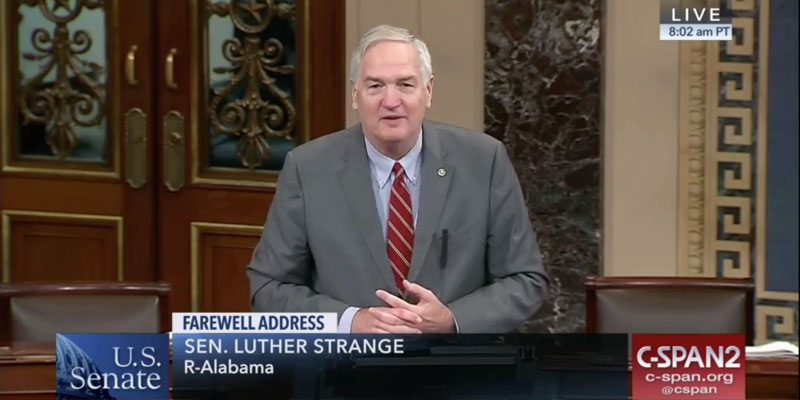An appeals court ruled today that Alabama’s property tax system, which was passed in the 1970s, was not created in an effort to hinder school desegregation, but rather to ease concerns about potential spikes in property taxes.
Alabama Attorney General Luther Strange said the decision by the U.S. Court of Appeals for the 11th Circuit is an important victory for the state.
“Today’s ruling in Lynch v. Alabama again confirms the State’s consistent position that Alabama’s property tax structure does not violate the United States Constitution, and equally as important, that the citizens of Alabama have a right to structure their own tax system,” Strange said. “The Office of Attorney General remains committed to defending and vindicating this important right whenever necessary.”
The federal appeals court’s opinion upholds an October 2011 ruling by the U.S. District Court for the Northern District of Alabama.
The 11th Circuit agreed with the State that the plaintiffs lacked standing to challenge Alabama’s property tax millage caps because removing the caps would not result in relief of the harm claimed by the plaintiffs. The Court stated that “the remedy the plaintiffs seek would not redress the asserted injury, which at bottom is the inability of the plaintiffs and their elected officials to raise state and local revenue for public education.” The Court noted particularly that “voters in Lawrence and Sumter Counties, where the plaintiffs reside, have rejected various proposals to increase property taxes.”
The Court also considered the issue of property classifications in Alabama’s tax system, and found it constitutional. In the 11th Circuit’s view, there was no basis for rejecting the District Court’s well-supported finding that racial motivation played no substantial or motivating factor in enacting the State’s property classification system.
Follow Adam on Twitter @AdamYHN











